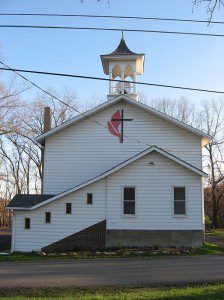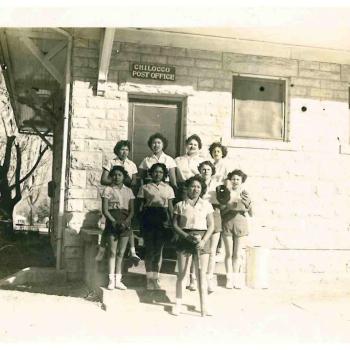After a week of vitriolic debates and parliamentary wrangling, the United Methodist Church has concluded its quadrennial General Conference. In the lead story coming out of the meeting, delegates voted to maintain the denomination’s traditional stance on human sexuality, which holds that homosexual acts are “incompatible with Christian teaching.” That vote was keyed by the presence of theologically and socially conservative delegates from outside the United States, especially from sub-Saharan Africa, where Methodism is thriving. African delegates represented about 30% of attendees.
The status quo on sexuality represented a broader trend: almost no major reforms were enacted, with a plan for denominational reorganization struck down on the last day of the conference as unconstitutional.
As I wrote in my recent column “The Rise and Fall of American Methodism,” the story of the Methodist Church may be the “most statistically striking in American religious history.” Methodism’s stunning emergence as the nation’s largest Protestant denomination in the nineteenth century has been matched in recent decades by a precipitous decline, a numerical downturn experienced by all the theologically moderate to liberal mainline denominations in America.
Conservatives such as the Institute on Religion and Democracy’s Mark Tooley hailed the vote on sexuality as an indication of Methodism’s “bright future,” and noted that the denomination is likely to be majority African within a decade.
Liberals such as Boston University’s Christopher Evans deplored the vote, saying that conservatives have used the denomination’s decline as an excuse to target “scapegoats,” especially gays and lesbians.
Evans lamented that African delegates, as a result of “complicated historical and cultural factors,” tend not to affirm homosexual acts and relationships. (Might one add that their traditional readings of Scripture also play a role?)
And what next for the United Methodist Church? A breather, for sure, as the next General Conference will not take place for four years. But it seems almost certain now that the United Methodist Church will not go the way of the American Episcopal church hierarchy, with its full normalization of homosexual acts and relationships, and its ordination of gay clergy and bishops. Africans will also assume an increasingly influential role, in accord with their numbers. This development will raise questions similar to those wracking the Anglican Church about how long a denomination’s power can remain in western hands, if its numerical future lies in the global South.












